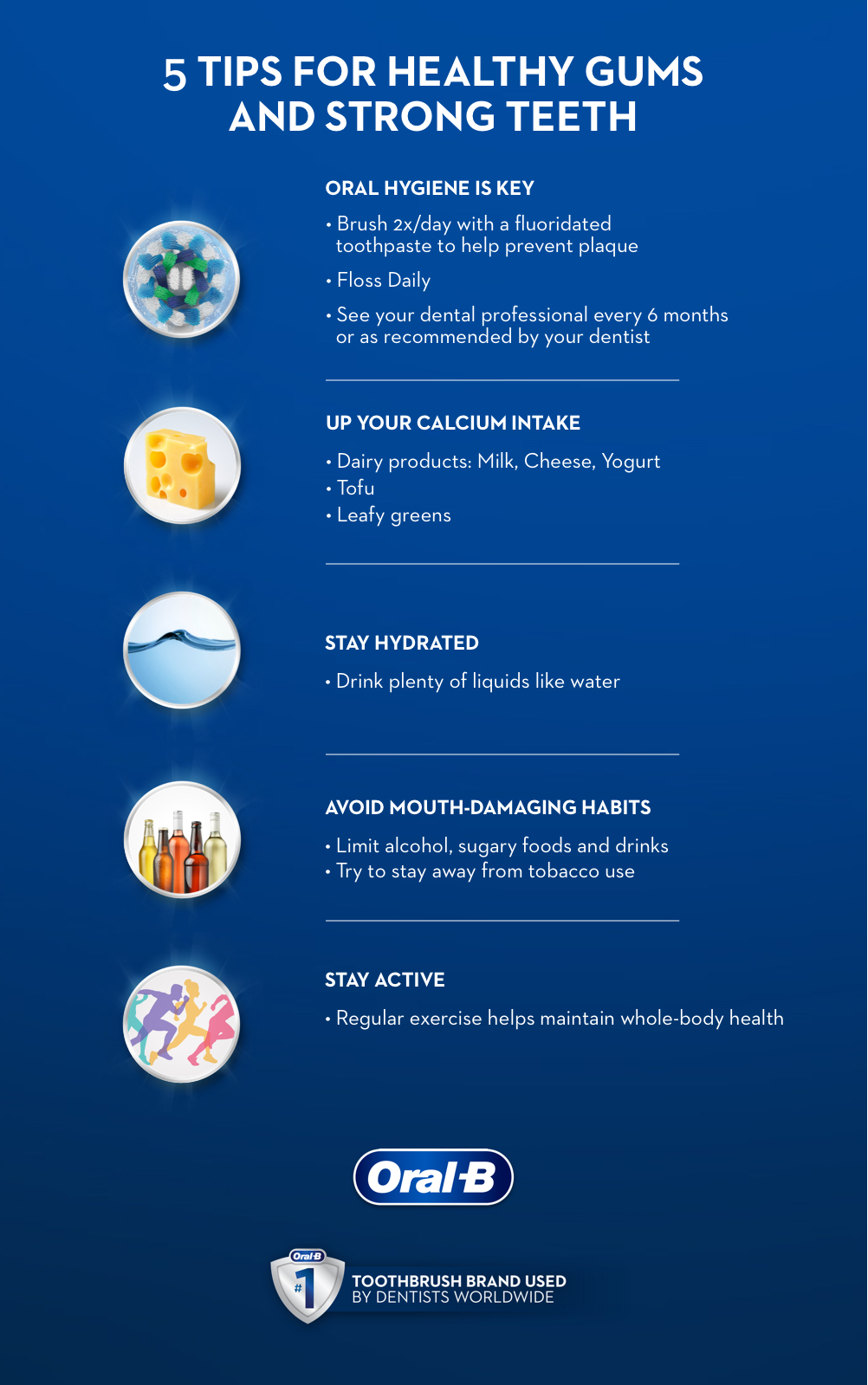Gum Disease: Causes and Treatments

Summary
Table of Contents

This blog has been reviewed and approved by Dr Robert Lee, a dental professional of 35 years
LEARN MORE >What is gingivitis, gum disease or periodontitis?
Gum disease, also known as Periodontitis, can lead to gum deterioration and loosening teeth, often caused by long term plaque bacterial growth on gums and teeth. Plaque bacteria can also cause tooth decay in the form of cavities as well as other oral health issues including sensitivity, yellow teeth, and bad breath.
Gum disease usually starts out as gingivitis, with red and irritated gums, and progresses to a more serious, although fairly rare condition. Periodontitis affects the area just below the gum line, between your teeth and gums, breaking down the tissue that holds your teeth in their sockets. Once this tissue has been destroyed, more and more bacteria accumulate leading to gum infection.
What causes periodontal or gum disease?
Plaque bacteria is the primary cause of gum disease, using an electric toothbrush is the best way to combat plaque buildup and maintain healthy teeth and gums. However, other factors can contribute to periodontal disease. These include:
- Hormonal changes with pregnancy, puberty, menopause, makes gums more sensitive and easier to develop gingivitis.
- Illnesses as cancer, HIV, or diabetes that interfere greatly with the immune system puts people at a higher risk of developing infections such as cavities and periodontal disease.
- Medications can affect oral health. Some lessen the amount of saliva your mouth produces which acts as a protectant for your teeth and gums. Other drugs can cause abnormal growth of gum tissue.
- Smoking or chewing tobacco can lead to numerous oral problems but ultimately make it harder for gum tissue to repair itself.
- Poor oral hygiene such as inconsistent brushing or flossing
- Family history or gum or dental disease can be a contributing factor as well.
Gum disease symptoms
- Swollen, tender, or bleeding gums
- Receding gums
- Pus around gums
- Chronic bad breath
- Loose teeth
- A noticeable change in the way your teeth sit or fit together, as gum disease can weaken the hold on your teeth causing them to shift.
- If you're experiencing any of these symptoms, it's important to see your dentist to determine the severity of the gum infection and how you can treat it.
Gum disease treatments
Depending on the severity of the infection there are different treatment options that you'll discuss with your dental professional.
- Antibiotics: Either prescribed as pills or an injection right into the infected gums
- Root Planing and Scaling: With advanced gum infections, this treatment cleans deeply between your gums and teeth all the way to the roots.
- Flap Surgery: In the most severe cases of gum disease, flap surgery may be necessary involving bone or tissue grafts.
How to prevent gum disease or gingivitis?
- Prevention is the best way to protect your gums and keep your entire mouth healthy.
- Brush twice a day with an electric toothbrush like the Oral-B iO2 to remove 100% more plaque than a regular manual toothbrush. Pair it with a fluoride toothpaste to gently neutralize bacteria trapped around the gum line.
- Floss daily and be sure to get in between each and every tooth to remove food particles that cause plaque and tartar build-up.
- Use an anti-gingivitis mouthwash to eliminate bacteria that causes plaque.
- Visit a dental professional at least twice a year for a professional cleaning. They'll be able to assess your oral health and give you a deep clean you can't achieve on your own at home.
Tips for Healthy Gums and Strong Teeth

Table of Contents
- What is gingivitis, gum disease or periodontitis?
- What causes periodontal or gum disease?
- Gum disease symptoms
- Gum disease treatments
- How to prevent gum disease or gingivitis?
-
- Sources

This blog has been reviewed and approved by Dr Robert Lee, a dental professional of 35 years
LEARN MORE >
Sign Up
for expert advice and exclusive offers

Sign Up
for expert advice and exclusive offers


